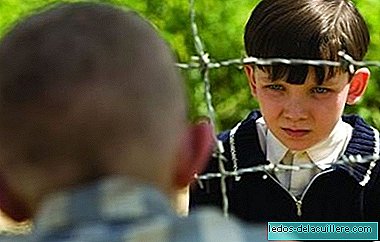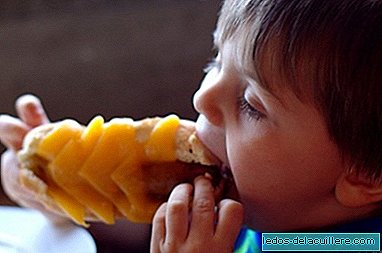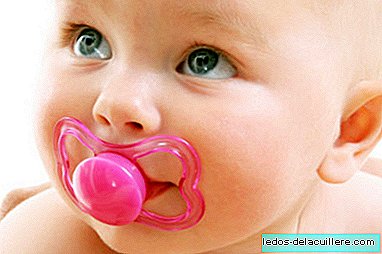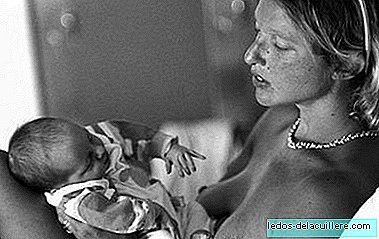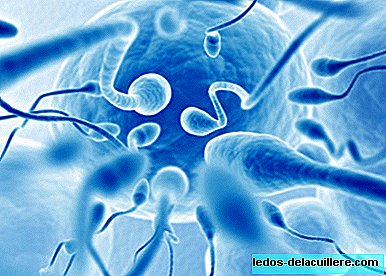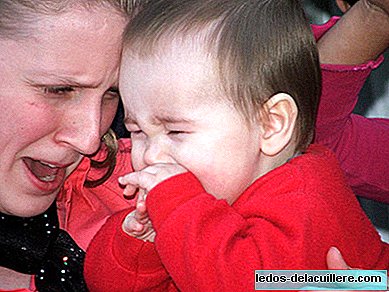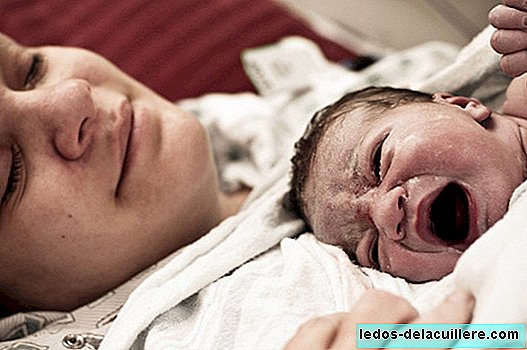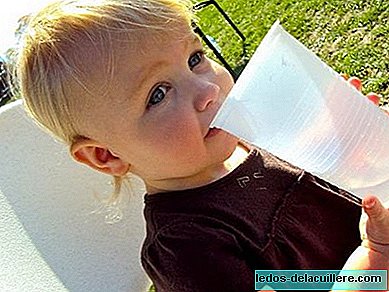
Dehydration is the excessive loss of water and mineral salts of a body, which can happen for various reasons. It constitutes a risk for all, but there are population groups that, due to their special characteristics, are more susceptible to its consequences as children, adolescents, elderly people or pregnant or breastfeeding women.
We are going to focus on babies and children and dehydration in childhood. Because of their organic conditions and the percentage that the liquid represents in their total body weight, children are more at risk of becoming dehydrated. Let's see what are the reasons for this greater risk.
In children, water can represent about 70% of their body weight, an amount greater than the organism of adults. The water content of the adult human organism ranges from 50-60% of the total body weight. In newborns it is 75-77%; in children from one to twelve months of age, 65.5% and in those from one to ten years, 61.7%. From this age, the changes are minimal until adulthood.
Children have a less formed immune system, have fewer defenses than adults and are therefore more exposed to suffer from diseases and illnesses.
One of the most frequent diseases in childhood, which poses a danger of dehydration, is diarrhea. These stools often associate a significant fluid loss, so you must try to keep the body well hydrated.
Similarly, with fewer defenses, babies and children tolerate temperature changes worse.
The little ones are also prone to suffer respiratory conditions, mucus, vomiting ... that increase the fluid losses and the risk of dehydration.
Children from the age of three, when they are in the growth phase and make a greater physical expense, when playing, playing sports, and later studying, spend more fluids that need replacing.
Despite the importance of maintaining a correct balance between liquid inlets and outlets, children have a higher risk of dehydration than adults, since their sense of thirst has not yet developed sufficiently. Therefore, not perceiving this sensation, they are reluctant to drink.
Finally, to reach the situation of hydric equilibrium they require a greater fluid intake, so that we will have to be attentive to its correct hydration to avoid dehydration in childhood and go to the pediatrician if we have doubts on how to do it, since some oral rehydration formula may be required.


